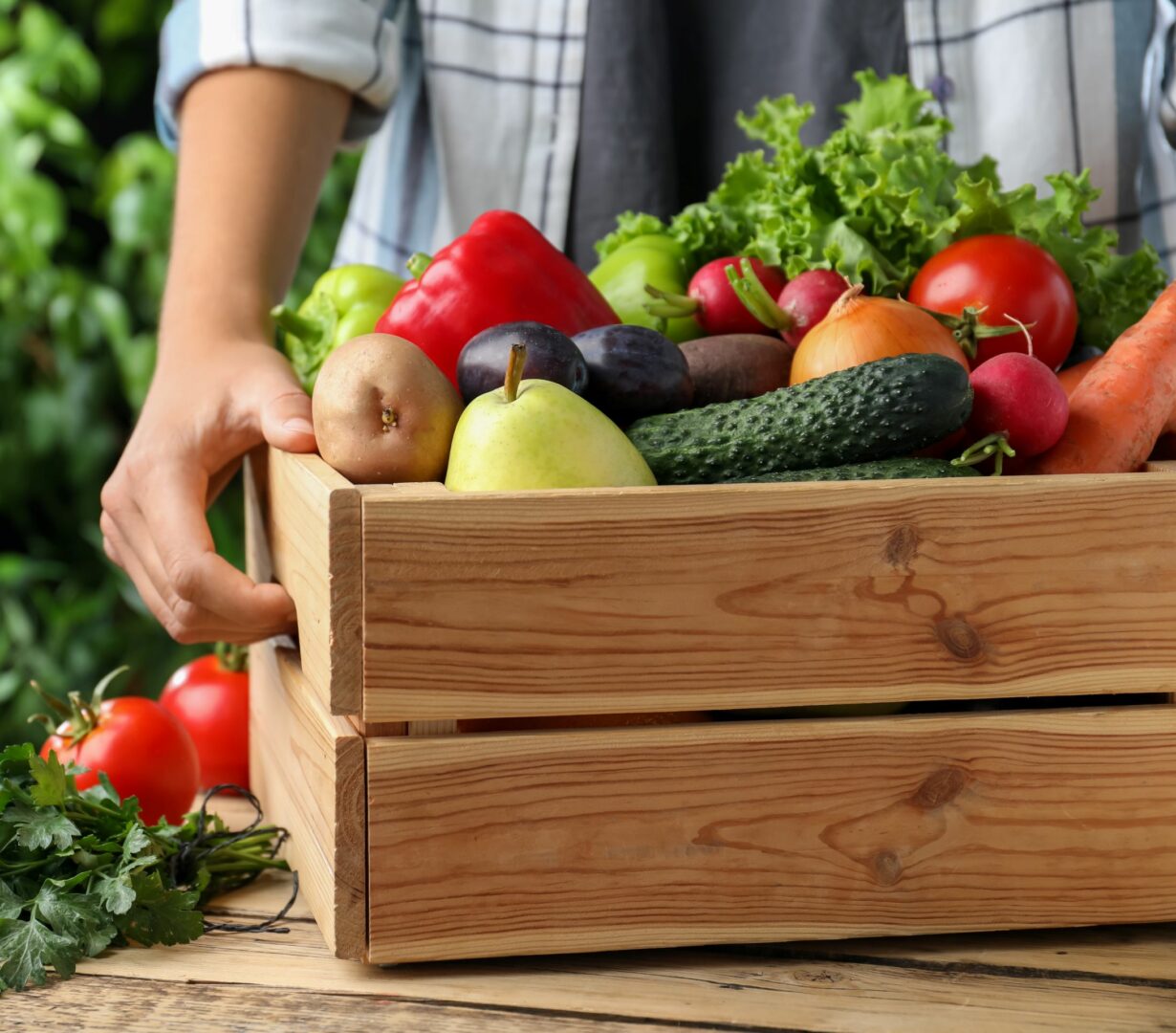The farm-to-table movement has been gaining momentum in the food industry for several years now. It is the philosophy that food should be sourced locally, from fresh sources. The idea is that food tastes better and is healthier when it comes directly from the source. By sourcing food directly from local farms and producers, food providers like restaurants can reduce their carbon footprint and support the local economy.
Why are restaurants opting for farm-to-table service?
More consumers are opting for fresher foods with a lower carbon footprint. Furthermore, as more and more people seek to support local businesses, the farm-to-table movement gains traction. These kinds of factors can serve a competitive advantage for restaurants, especially local restaurants that fit within the local niche themselves.
The challenges of the farm-to-table movement
Locally sourced ingredients can sometimes be more expensive than those sourced from other places. Perhaps this is due to the lack of an established local industry or due to the quality of the local produce. Additionally, restricting one’s sources to local ingredients constricts the supply while the demand remains the same. A limited supply can likewise increase the prices.
Prices are not the only things affected by limited availability, though. Depending on the region, local produce may not be available year-wide. This presents logistical challenges for food storage if the aim is to have a steady supply for customers throughout the year.
These challenges are also not worth the effort of overcoming unless customers are aware of the benefits of local produce. If customers do not see the appeal in the often more expensive farm-to-table foods then they are more likely to go to the mass-produced, often cheaper competitors.
B2B businesses can offer solutions within this niche
It may appear to some that the farm-to-table movement is a threat to B2B food businesses. On paper, restaurants getting their ingredients straight from the sources means that any B2B middlemen are superfluous. As it is and has always been, perhaps this is true, but the businesses that remain are those that adapt to the flow of the environment.
B2B businesses can still exist within the farm-to-table space. The challenges presented by the farm-to-table movement require solutions to overcome them. B2B businesses are in the prime spot to offer these solutions.
B2B food businesses are typically the vendors. Direct interaction with the producers behind the scenes is scarce. With the farm-to-table movement, B2B businesses can still be there, just not as the seller but rather as the transporter. The logistics of restaurants buying directly from farms can be solved by B2B businesses that provide services for storage and transport of food items.
Middlemen have existed for a reason. B2B businesses that filled the middlemen niche still have the ability to do so. The farm-to-table movement may serve as a sort of threat to B2B vendors, but those offering B2B services still have a place in the food industry.











